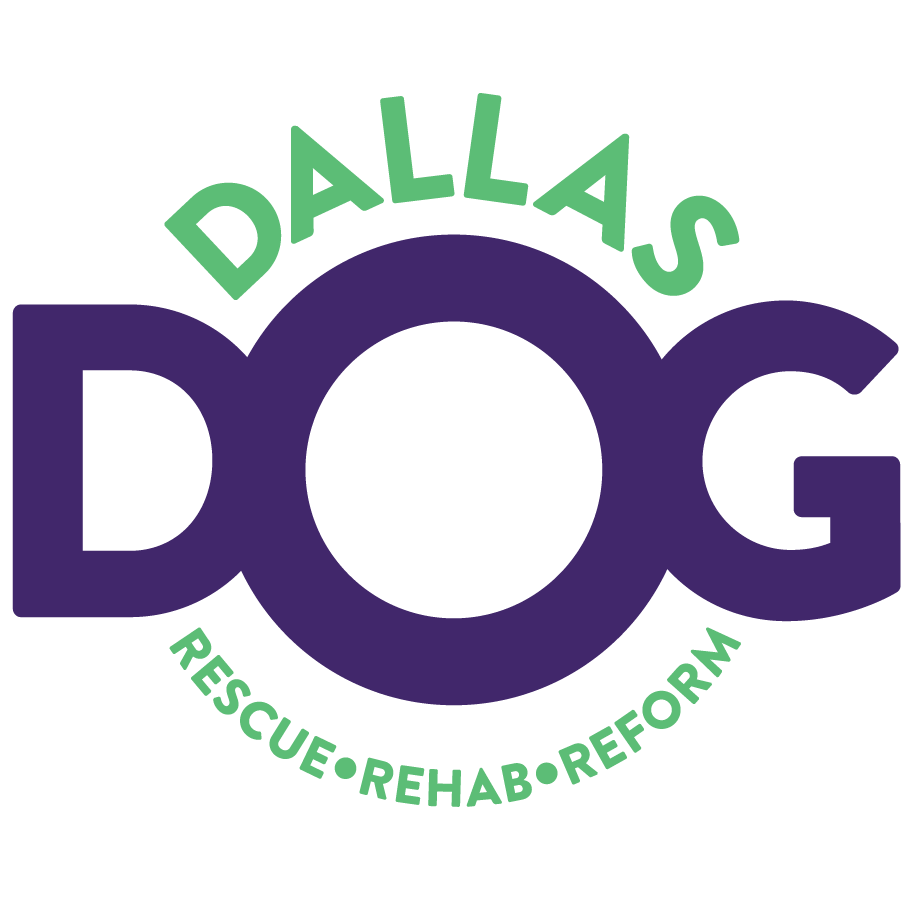Destructive
Chewing
Chewing is a natural and necessary behavior for dogs, but when it becomes destructive—targeting furniture, shoes, or other household items—it can be frustrating and even dangerous. Understanding the reasons behind destructive chewing and providing appropriate outlets can prevent damage while keeping your dog happy and healthy.

Why Do Dogs Chew?
Normal Exploration & Teething (Puppies)
Puppies explore the world with their mouths, and chewing helps relieve discomfort from teething. Without proper guidance, they may target inappropriate objects.
Boredom & Lack of Mental Stimulation
Dogs left alone without enrichment may chew as a way to entertain themselves. Without engaging activities, their energy can be redirected toward destructive behaviors.
Anxiety & Stress Relief
Chewing can be a coping mechanism for stress or separation anxiety. Dogs left alone for long periods may chew to self-soothe.
Hunger & Seeking Attention
If a dog is on a restricted diet or isn’t receiving enough food, they may chew on objects in search of something to eat. Additionally, some dogs learn that chewing items gets attention from their owners—even if it’s negative attention.
Preventing & Managing Destructive Chewing
1. Provide Appropriate Chew Toys
Giving dogs acceptable items to chew on helps redirect their behavior:
• Long-lasting chews – Bully sticks, yak chews, or antlers satisfy chewing instincts.
• Frozen KONGs – Stuff with peanut butter, yogurt, or kibble to keep them occupied.
• Rope toys & rubber chew toys – Durable options provide safe chewing outlets.
2. Puppy-Proof & Remove Temptations
Set your dog up for success by limiting access to valuable or unsafe items:
• Keep shoes, remote controls, and small objects out of reach.
• Use baby gates or crate training when you’re not home.
• Spray deterrents (like bitter apple spray) on items you want to protect.
3. Increase Mental & Physical Exercise
A tired dog is less likely to chew destructively. Ensure they receive adequate:
• Daily walks & playtime
• Training sessions & puzzle feeders
• Interactive toys that challenge their problem-solving skills
4. Address Anxiety-Driven Chewing
If chewing is stress-related, take steps to reduce anxiety:
• Provide comforting routines & interactive toys for alone time.
• Consider crate training or playpen use for a secure, safe space.
• Use calming aids like Adaptil diffusers or anxiety wraps.
• Work with a trainer or behaviorist for severe cases of separation anxiety.
5. Redirect & Reward Good Behavior
• Catch your dog in the act? Calmly redirect them to an appropriate chew toy.
• Praise & reward when they chew on the right things.
• Teach a “leave it” command to prevent them from grabbing off-limit items.
When to Seek Professional Help
If destructive chewing persists despite enrichment and training, consult a Certified Professional Dog Trainer (CPDT) or veterinary behaviorist to rule out medical issues or behavioral concerns.
With patience, redirection, and consistency, you can guide your dog toward appropriate chewing habits and protect your belongings at the same time!

